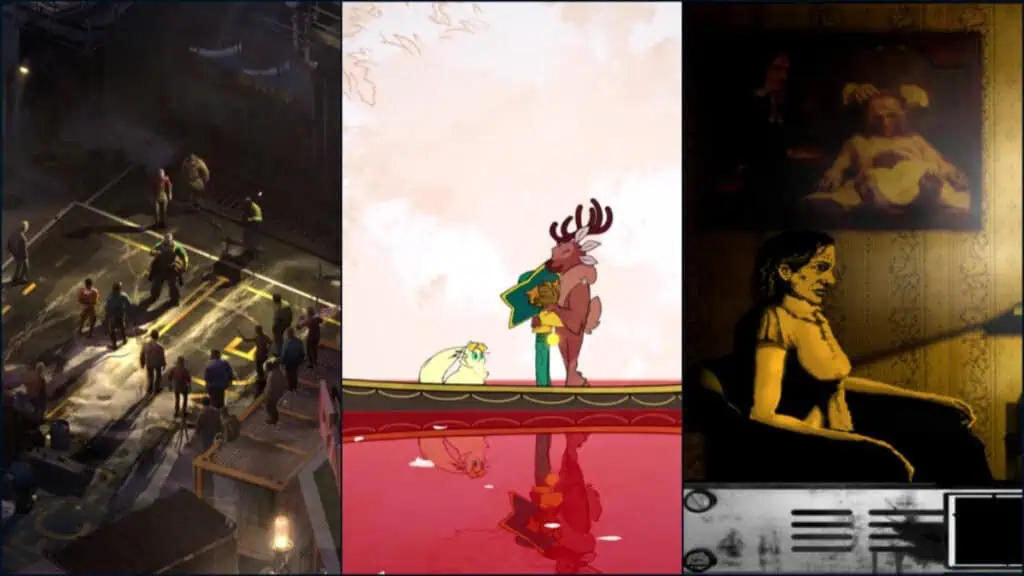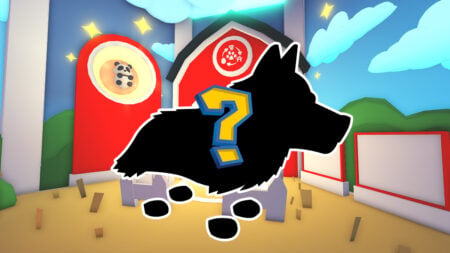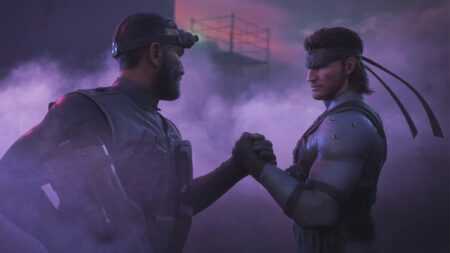Skip To...
Video games can be the perfect escape or a reason to reconnect with yourself. Self-care is important, and for many players, video games form an essential part of both therapy and mental health maintenance. Even when it’s not that deep, it can be fun (and illuminating) to play games that aren’t afraid to ask hard questions about trauma, disorders, and the daily labor of just getting by. Senua’s Saga is one of the most popular games to grapple with this subject matter, but Ninja Theory‘s adventure is far from the only one. Here are five great games that explore mental health, in no particular order.
Disco Elysium
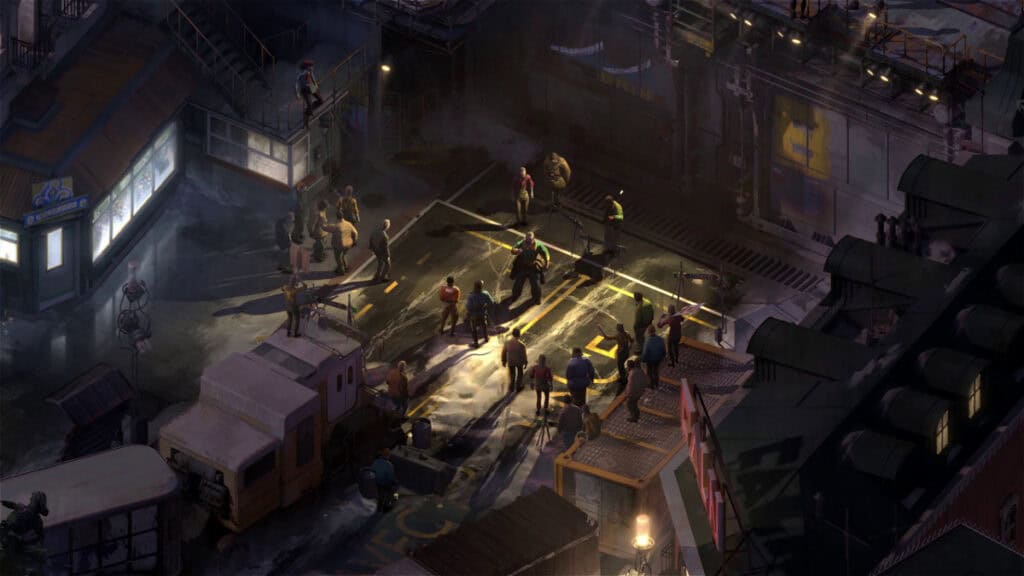
Revachol is a hard city to be a detective in, even if you aren’t suffering from alcohol-induced amnesia. Disco Elysium‘s main claim to fame is the Thought Cabinet, allowing the player to shape the protagonist’s mind and personality with thoughts such as “Hobocop,” “Inexplicable Feminist Agenda,” and “Overproductive Honour Glands.” Though the game doesn’t explore therapy or trauma as explicitly as other games about mental health on this list, it’s arguably the best portrayal of how messy and painful the mind often is. At least Kim Kitsuragi’s around, so you don’t have to suffer alone.
Omori
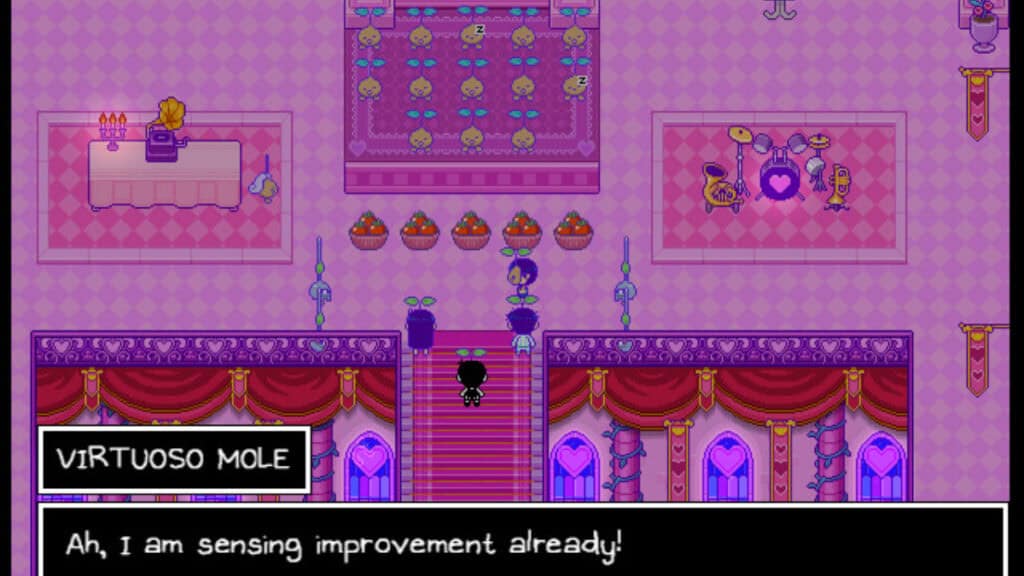
Trigger-warning topics such as anxiety, depression, and suicide are the bread and butter of Omori. The game’s retro aesthetic and whimsical vibes set you up only to knock you down, but that’s the point. The combat and puzzles play into these themes as well, but they’re arguably just background to the emotional core of the story. If Disco Elysium is about what it’s like to be in someone’s mind, Omori is about what it’s like to be in someone’s heart. Despite in many ways being gentler than similar games, there’s a reason this one hits people right in the feels.
The Cat Lady
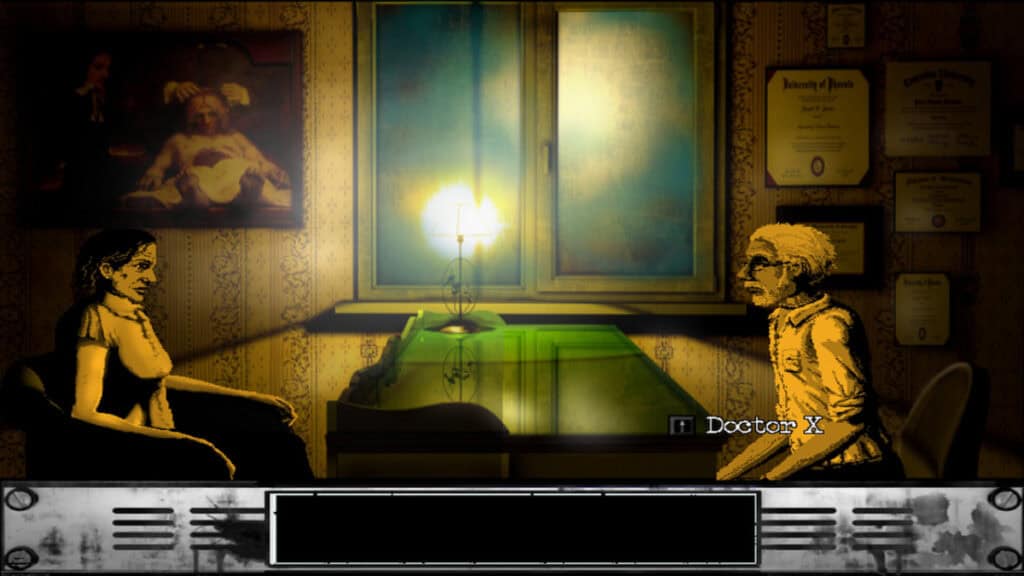
The Cat Lady is just one part of a haunting trilogy, but you don’t need to play Downfall and Lorelai to get the full effect of this point-and-click game. Susan Ashworth’s mental health is deteriorating, and the arrival of five strangers only makes things worse. Magic, theology, and depression blend with a dozen other topics in a psychological horror game more intense than most AAA offerings. Even more so than most games about mental health, The Cat Lady is a fragile, almost painful thing. Best played when in a receptive state of mind, it might not let you sleep well afterward.
Spiritfarer
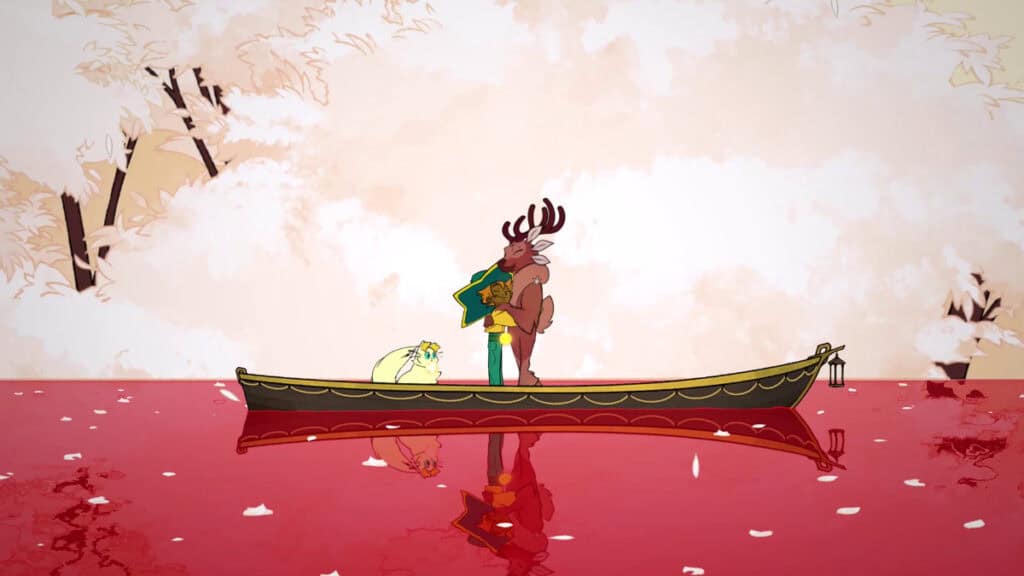
Everyone’s experience with mental health and trauma is different, but Spiritfarer tackles two universal hardships: death and the grief that follows. This self-described “cozy management game about dying” lets you build a boat, make friends with spirits, and at last usher those spirits on to what comes next. It’s meditative and heartwarming in ways some of the rougher games about mental health simply aren’t. If you’re looking for an introduction to this style of game, Spiritfarer may be the perfect entry point. It’s tender and as beautifully rendered as Senua’s Saga. Just remember the box of tissues.
Yume Nikki
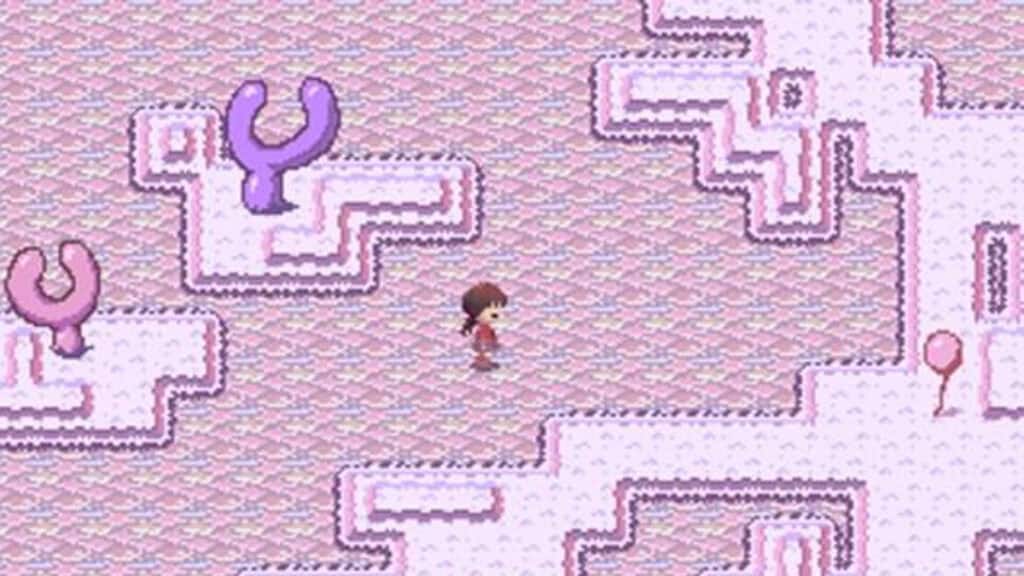
Whenever someone criticizes RPG Maker games for being lazy, derivative, or bad, apologists often respond with one name: Yume Nikki. Though this developer toolkit has spawned many other excellent games, it’s easier to see why this one would be the poster child for quality. Yume Nikki takes a minimalist approach to action and dialog. It’s about wandering through a child’s dreams at your own pace. It’s sometimes off-putting and usually surreal, but it achieves something similar to Disco Elysium despite its radically different approach. If you’re looking for a game about mental health to inspire you, make it this one.

